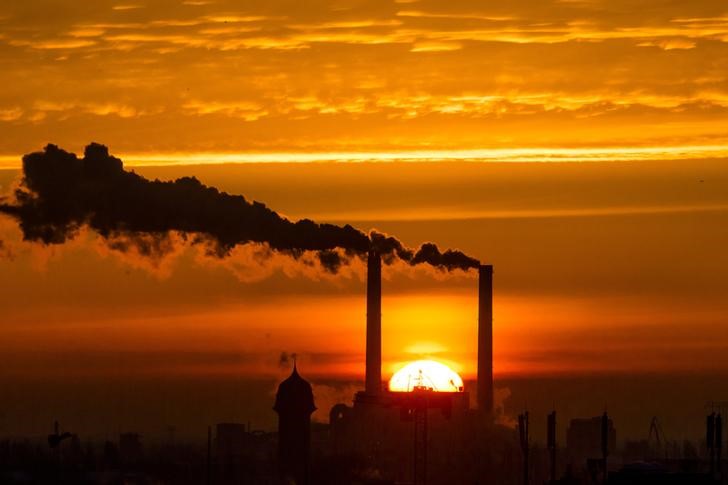By Valerie Volcovici
WASHINGTON (Reuters) – The United States will unveil guidelines in coming days for the use of carbon offsets inside and outside the government to build confidence in the market and ensure the credits reflect actual emissions reductions, the top said American climate diplomat Friday.
It follows a 2022 initiative by the Department of State, along with two philanthropic organizations, to launch a carbon offset program, known as the Energy Transition Accelerator, to generate private financing to help developing countries transition to clean energy.
“Carbon markets are a critical tool for keeping warming below 1.5 degrees Celsius,” John Podesta told a meeting on building high-integrity carbon markets at the State Department. “But carbon markets have been the subject of intense criticism and missteps that are undermining confidence in the ability to achieve significant emissions reductions.”
Podesta gave a preview of what the guidelines will require, including assurances that carbon credits “represent real, additional, permanent emissions reductions” and that emissions accounting takes place at a sectoral level.
On the demand side, he said companies using carbon credits “should not replace or delay” efforts to invest directly in reducing their emissions.
The announcement comes amid a row over the use of offsets within the Science Based Targets initiative – which validates companies’ climate targets – after a plan by the board to offset supply chain emissions was criticized by its own staff.
Podesta and John Kerry, the former Secretary of State who led the launch of ETA with the Bezos Earth Fund and the Rockefeller Foundation, applauded SBTi’s decision to open up their standards to the use of carbon offsets .
Remove ads
.
At the same event, the US also announced that it has selected the Center for Climate and Energy Solutions (C2ES), a Washington-based non-profit organization, to serve as the secretariat for ETA, with Kerry as chairman of the ETA consultancy. group.
“If we don’t mobilize the private sector, we won’t win this (climate) battle,” Kerry said. “We need high-quality carbon markets to drive action.”


